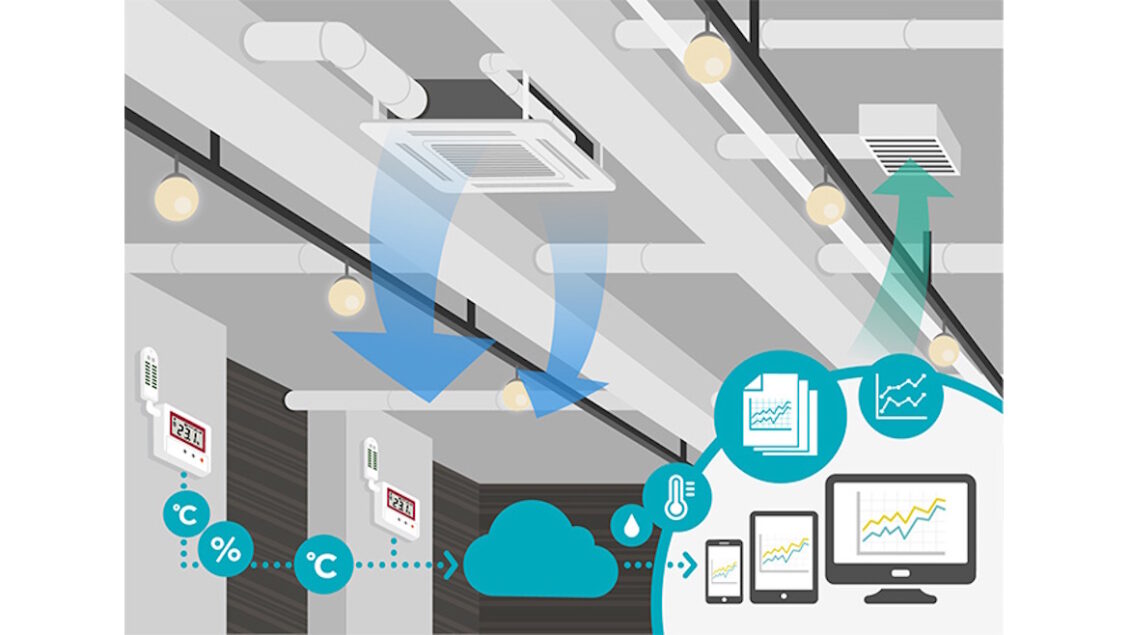In an era where energy efficiency and smart technology dominate discussions, Smart HVAC (Heating, Ventilation, and Air Conditioning) systems have emerged as essential solutions for both residential and commercial spaces. These advanced systems leverage the power of interconnected devices and intelligent algorithms to optimize climate control, reduce energy consumption, and enhance indoor comfort levels. As concerns over rising energy costs and environmental impact grow, the adoption of smart HVAC systems presents an innovative way to address these challenges while providing users with unprecedented control over their environments.
Smart HVAC systems are not merely upgrades to traditional heating and cooling solutions; they represent a significant leap forward in how we interact with our living and working spaces. Features such as remote access, predictive maintenance, and adaptive learning capabilities allow these systems to tailor performance to individual preferences and usage patterns. This article explores the myriad benefits of smart HVAC technology, its integration with smart home ecosystems, and the potential it holds for reshaping the way we manage indoor air quality and energy efficiency in the future.
Enhanced Energy Efficiency
Smart HVAC systems can significantly reduce energy costs by employing advanced algorithms to analyze occupancy patterns and external weather conditions. These systems dynamically adjust heating and cooling output, ensuring that energy is expended only when necessary. This level of efficiency not only leads to lower utility bills but also contributes to a reduced carbon footprint, allowing users to align with broader environmental goals. By embracing these technologies, property owners can optimize their energy consumption while enjoying a comfortable living or working environment.

Integration with Smart Home Ecosystems
The integration of smart HVAC systems with other smart home devices creates a seamless user experience, enhancing the overall functionality of modern smart homes. Homeowners can control their HVAC systems through smartphones, set schedules, or utilize voice commands via virtual assistants, providing greater convenience and flexibility. Moreover, these systems can be part of larger building management strategies, supporting sustainability efforts and reducing operational costs. For a deeper exploration of how smart HVAC systems are changing building design, visit https://s3da-design.com/guest-contribution/how-smart-hvac-systems-are-changing-building-design/.
In conclusion, Smart HVAC systems not only epitomize the convergence of technology and environmental stewardship but also redefine our approach to climate control in homes and businesses alike. By harnessing the capabilities of IoT and machine learning, these systems provide unparalleled efficiency, automating temperature adjustments based on real-time data and user preferences. As we move towards more sustainable living, the significance of smart HVAC technology will continue to grow, offering tangible benefits such as cost savings, enhanced comfort, and improved indoor air quality. With ongoing advancements in this field, we can anticipate even smarter, more responsive systems that will not only enhance our daily lives but also play a vital role in creating a more sustainable future.




